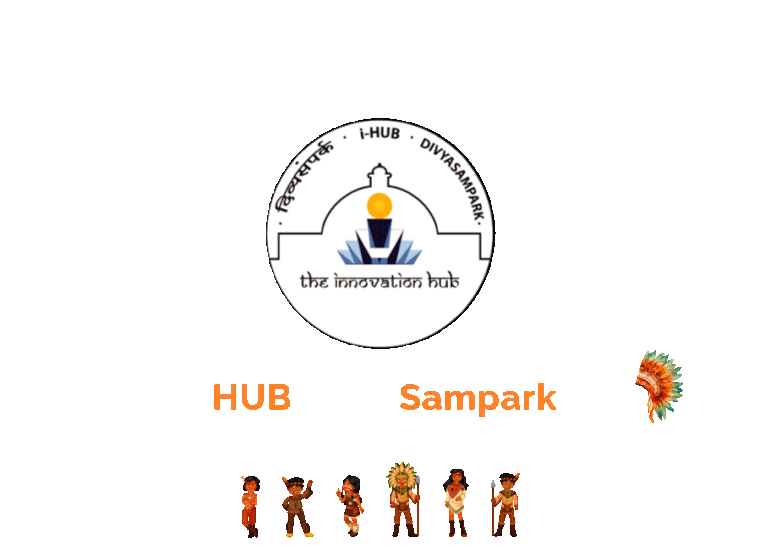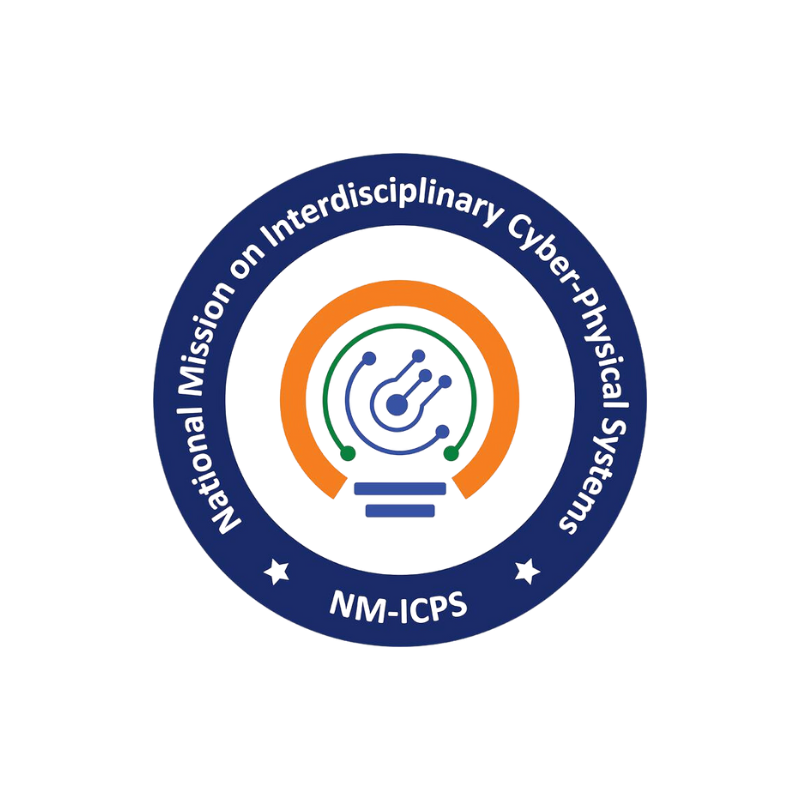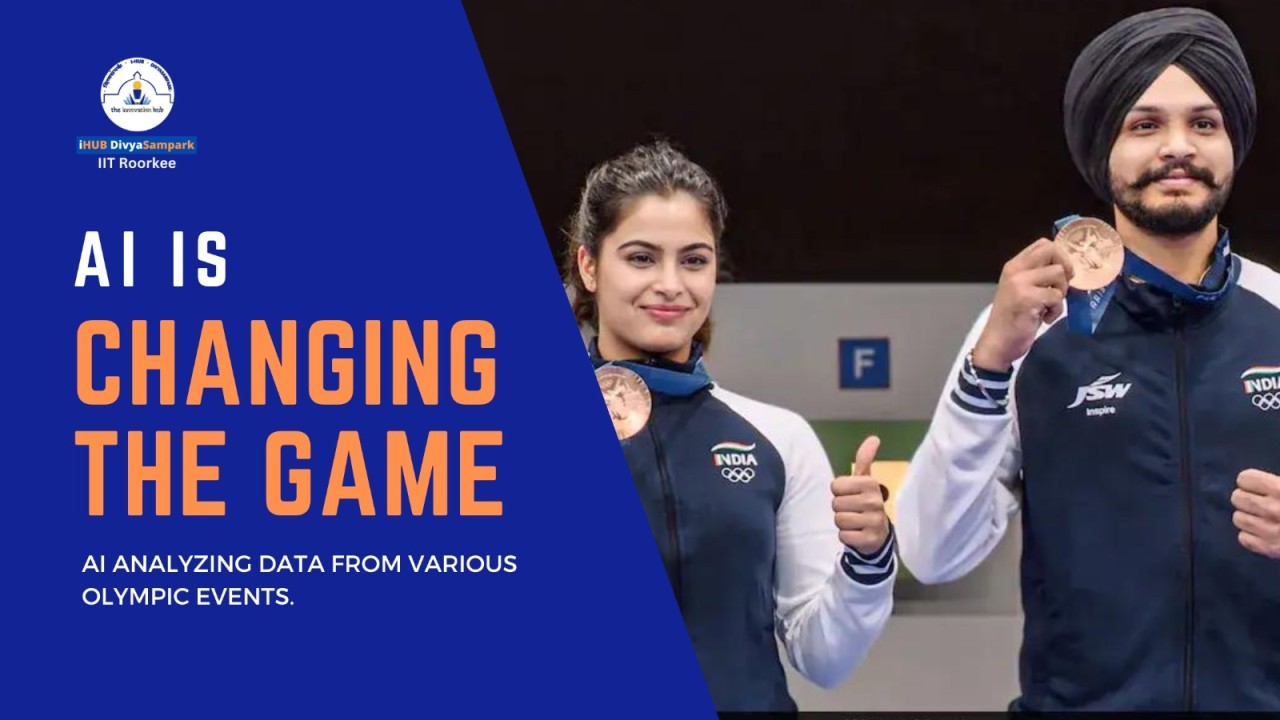





AI Revolutionizes the Paris Olympics: Elevating the Games for Athletes and Fans Alike

The spotlight is firmly on Paris as the Olympic Games kicked off last 24th July 2024. This year's Games are not just another sporting event; they're showcasing the transformative power of AI for the first time. Following the International Olympic Committee’s (IOC) AI Agenda set in April, AI is being dubbed a "game changer in sport". So, how exactly is AI making waves at the Olympics? Let’s explore.
In our hyper-connected world, athletes face an onslaught of cyber abuse. To help protect their mental well-being, AI is monitoring social media accounts, scanning hundreds of thousands of messages and flagging harmful content swiftly. This ensures a safer online environment, allowing athletes to focus on their performance.
Highlight reels have traditionally required painstaking manual work. Now, AI is stepping in to revolutionize this. The IOC has introduced an AI-assisted platform that automates the creation of video highlights. Trained on a massive archive of Olympic content, AI identifies key moments from thousands of hours of footage and tailors them for different audiences, making the viewing experience incredibly engaging.
One of the most remarkable uses of AI is in enhancing the fairness and precision of judging. By providing accurate metrics, AI helps reduce human error, ensuring a transparent and fair competition. This development is setting a new standard of objectivity in sports.
Athletes across various disciplines—such as diving, gymnastics, athletics, marathon, and rowing—are now leveraging AI-powered data for performance insights and motion tracking. This allows for smarter, more targeted training strategies, ultimately pushing the boundaries of human performance.
The IOC is also focused on sustainability. AI tools are being used to monitor energy consumption during the Games, providing valuable insights for eco-friendly planning of future events.
1. Intel: As the official AI platform partner, Intel is offering AI software tools crucial for training models. Their GenAI chatbot, AthleteGPT, on the IOC’s Athlete365 platform, assists around 11,000 athletes with queries about venues, rules, and guidelines. Intel is also developing ‘digital twins’ of game venues to optimize energy usage, camera placement, and accessibility.
2. Google: Collaborating with NBC and Team USA, Google is enhancing storytelling through AI. Features like Gemini and "Overviews" help broadcasters explain sports better. Google Maps’ "Immerse" feature is giving fans a virtual tour of the venues, bringing them closer to the action.
3. Alibaba: Providing a multi-camera replay system, Alibaba uses AI-powered cloud reconstruction to create 3D models and map additional viewpoints. This technology offers comprehensive analysis and a more immersive experience for fans.
Ilario Corna, the IOC’s Chief Technology Officer, mentions that the organization is cautiously evaluating how AI can elevate the Olympics and prepare for the future. A global AI project for talent identification is set to launch in 2025, aiming to make sports more inclusive and accessible.
The AI-driven enhancements at the Paris Olympics are not just upgrading how we watch and understand sports but also ensuring fairer and more engaging experiences for both athletes and fans. The collaborative efforts with Intel, Google, and Alibaba showcase AI's promising potential to transform future sporting events.
From safeguarding athletes to revolutionizing performance analysis and ensuring sustainable practices, AI is indeed a game-changer. As we continue to embrace these advancements, the future of sports looks brighter, fairer, and more inclusive for all.
Hobbies Club, Indian Institute of Technology–Roorkee (IIT–Roorkee), iHUB DivyaSampark office, Roorkee, Uttarakhand 247667
Follow
iHUB DivyaSampark- A joint initiative of the Government of India Department of Science & Technology (DST) and Indian Institute of Technology (IIT Roorkee).